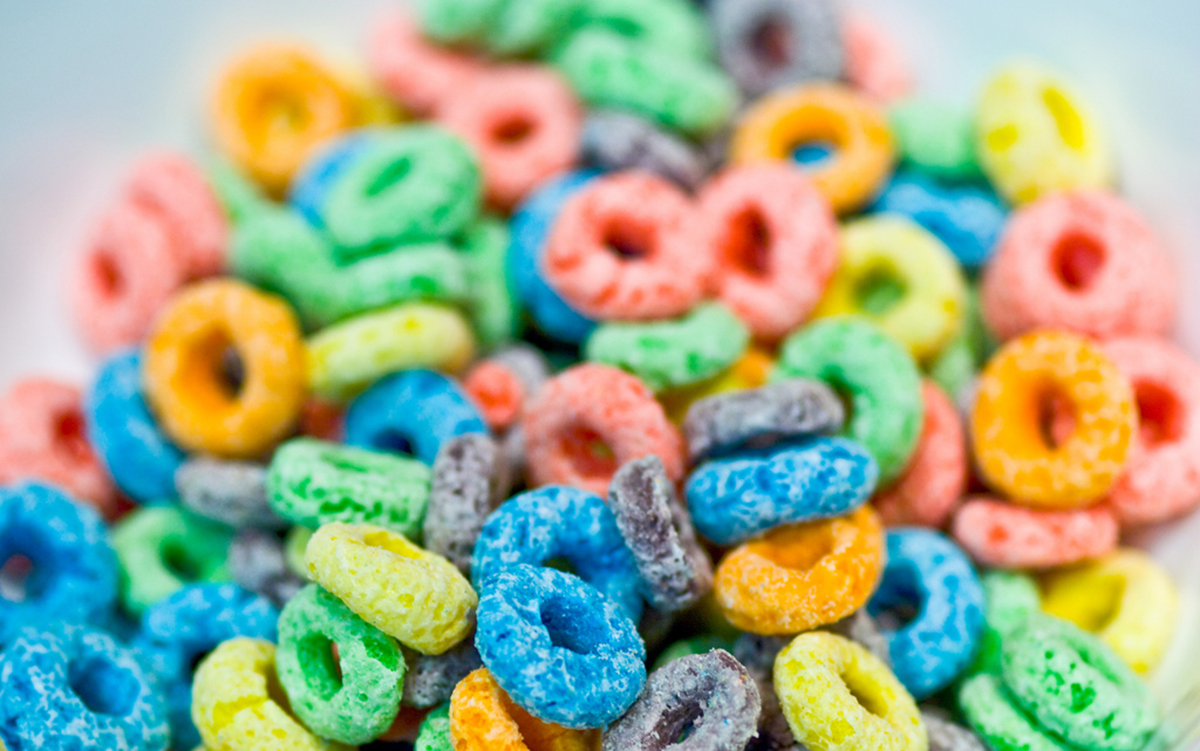Table of Contents
Over-consumption of sugar causes obesity and diabetes, but it is also linked to a number of less obvious health problems. A study conducted in 2009 cited that when healthy volunteers consumed excessive amounts of sugar (in the form of table sugar, honey or sweetened juices), their immune system was depressed by about 50 percent for up to five hours. This means that if a person is having high sugar content at every meal, their immune system will function at half-capacity for most of the day.

Chronic Diseases Linked To Sugar Consumption
Constantly eating too much sugar can result in elevated insulin levels; the more sugar or refined carbohydrates one eats, the more insulin is produced by the pancreas. Apart from diabetes, these high insulin levels are associated with an increased risk of developing chronic conditions like heart diseases, acne, cancer, myopia, and polycystic ovarian syndrome.
Ways To Cut Down Your Sugar Levels
To start with, the tips and tricks below might help you to keep a check on your sugar intake:
- Combine proteins with carbohydrates like fish, egg white, chicken, turkey, soya, etc. Protein helps curb cravings by slowing stomach emptying.
- Have small portions of regular food instead of opting for low fat diets. The latter are often high in sugar, while sugar free foods may contain synthetic sweeteners like aspartame, saccharin etc.
- Try to add a pinch of cinnamon powder instead of sugar in coffees and milk. Apart from adding sweetness, it also helps in stabilizing the blood sugar levels.
- Try to curb your sweet tooth cravings with fresh fruits. They contain sugar as well as fiber which slow down the absorption of sugar into the bloodstream. Canned, tropical and dried fruits like mango, pineapple may have concentrated form of sugar and calories, so try to exercise portion control while having them.
- Work out. It not only helps you burn calories but also protects against the harmful effects of sugar.
- Look out for healthy alternatives. Try to opt for sweeteners like honey and real maple syrup which are known for their antioxidant and antibacterial properties. A group of researchers at the University of Rhode Island found that real maple syrup contains 54 antioxidants out of which more than 20 have health benefits.
- Opt for wholegrain versions like oats, whole wheat bread, brown rice etc.
- Research shows that sugary beverages like cola, sodas, and energy drink are a big source of sugar in approximately 60-70 percent of diets. So try to cut down on these beverages and opt for water, fresh fruit juice, and homemade soup instead.
See Also: How To Read Nutrition Labels For Weight Loss And For General Health
Reading The Labels
Food labels can be an important tool for knowing how much sugar content is there in a food or beverage. Below are some tips to let you know how much sugar is in your food:
- Food’s sugar content of more than 18 g per 100 g is considered high, while less than 5 g per 100 g is considered low.
- Ingredients ending with "ose" like glucose, sucrose, fructose, maltose, lactose etc. are all forms of sugars. Similarly, molasses and syrups like corn syrup, rice syrup, maple syrup, honey etc. are also full of sugars. The more of such ingredients in the list, the higher is the sugar content in it.
- Sugar-free doesn’t mean carbohydrate-free: some food items which claim to be sugar free may be very high in other carbohydrates.
- Products which contain sugar substitutes like xylitol, mannitol, sorbitol etc. may not necessarily be low in calories.
- Vartanian LR, Schwartz MB, Brownell KD. Effects of soft drink consumption on nutrition and health: a systematic review and meta-analysis. Am J Public Health 2007
- 97(4):667–675
- Bray GA, Nielsen SJ, Popkin BM. Consumption of high-fructose corn syrup in beverages may play a role in the epidemic of obesity [published correction appears in Am J Clin Nutr. 2004
- 80:1090]. Am J Clin Nutr. 2004
- 79:537-543
- Chen L, Appel LJ, Loria C, Lin PH, Champagne CM, Elmer PJ, Ard JD, Mitchell D, Batch BC, Svetkey LP, Caballero B. Reduction in consumption of sugar-sweetened beverages is associated with weight loss: the PREMIER trial. Am J Clin Nutr. 2009
- 89: 1299-1306
- Malik VS, Schulze MB, Hu FB. Intake of sugar-sweetened beverages and weight gain: a systematic review. Am J Clin Nutr. 2006
- 84: 274-288.Mind map by SteadyHealth.com
- Photo courtesy of Vox Efx via Flickr: www.flickr.com/photos/vox_efx/2912195591


Your thoughts on this